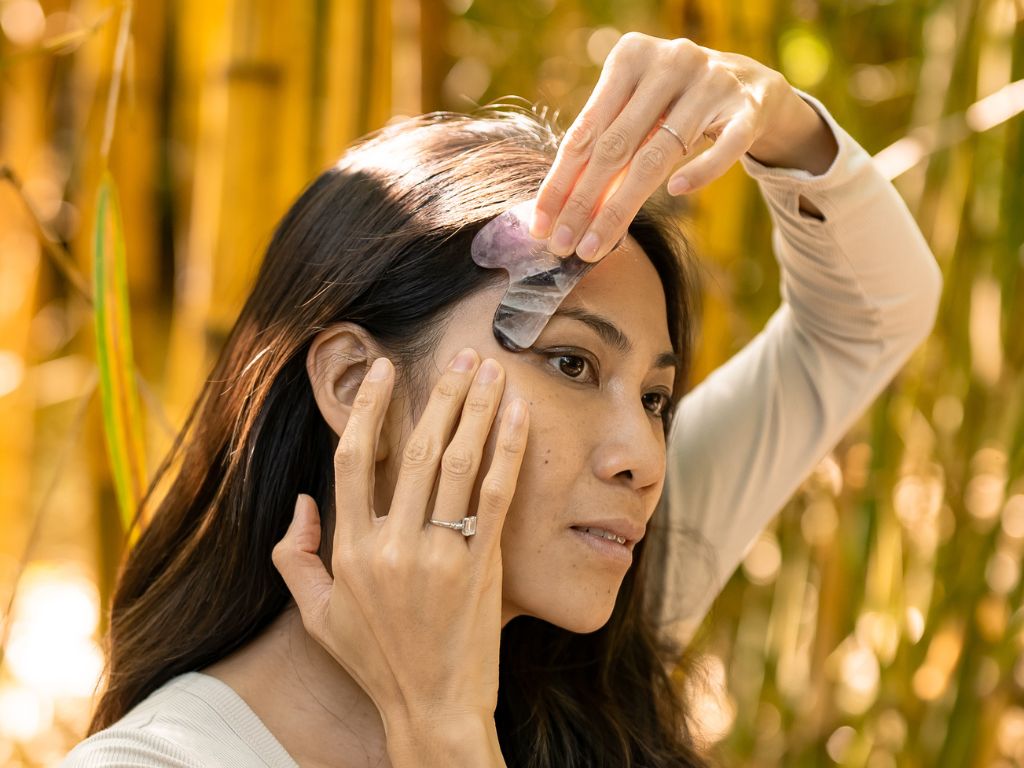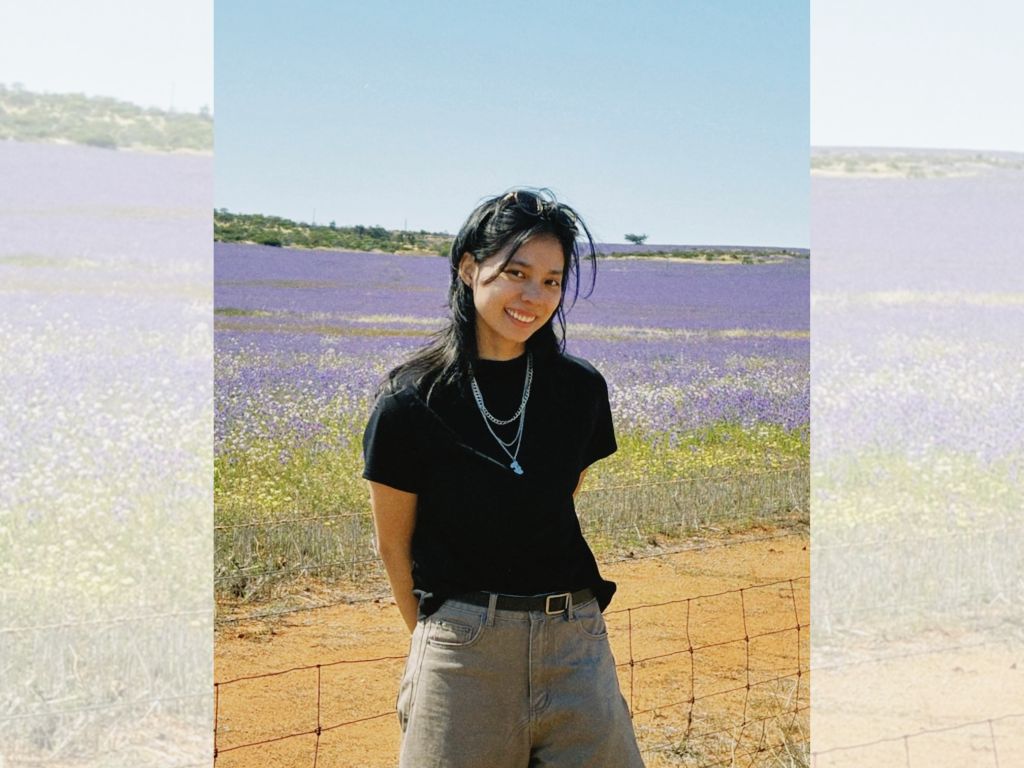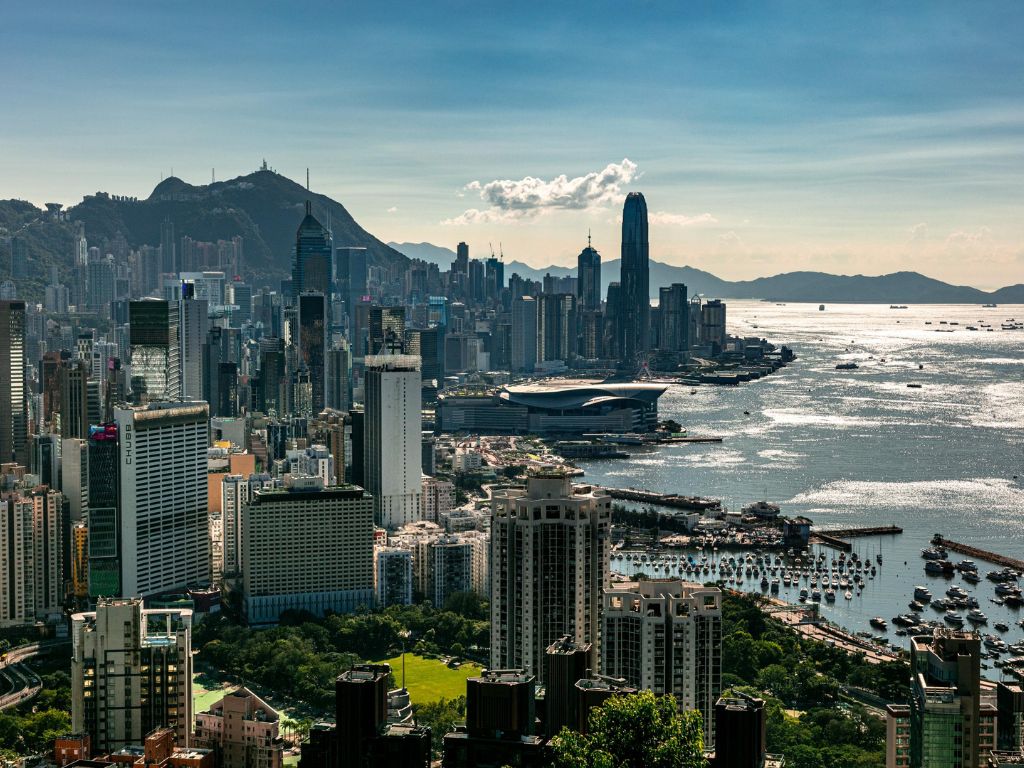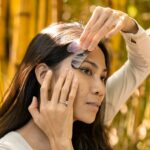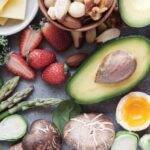The Future is Chocolate
Being Neighbourly x Carolyn Gomersall, Cacao
- Author/ Being Neighbourly
Share
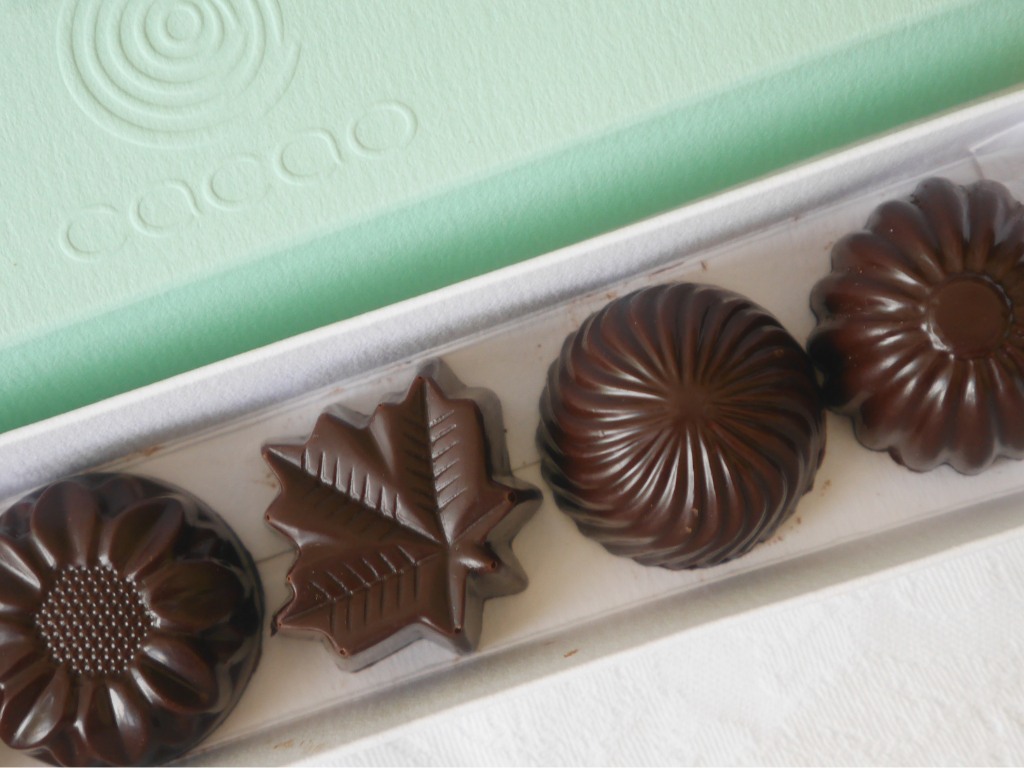
I’ve always loved chocolate. In the UK we have a big chocolate culture. Back when I was a ward sister in London I’d have two Kit Kats in the canteen on my break. Cadbury’s Dairy Milk and Fruit and Nut were other favourites,” confides Carolyn Gomersall, adding that her grandmother used to cut up pieces of Mars bars and give them to her as a treat.
Cadbury’s, which I know well from my own time living in the UK, is a far cry from the chocolate produced by Cacao, the boutique, artisanal family business she and her retired doctor husband founded in 2018, and which their son, an ecologist, “who is very hot on sustainable foods and lifestyle” has since joined.
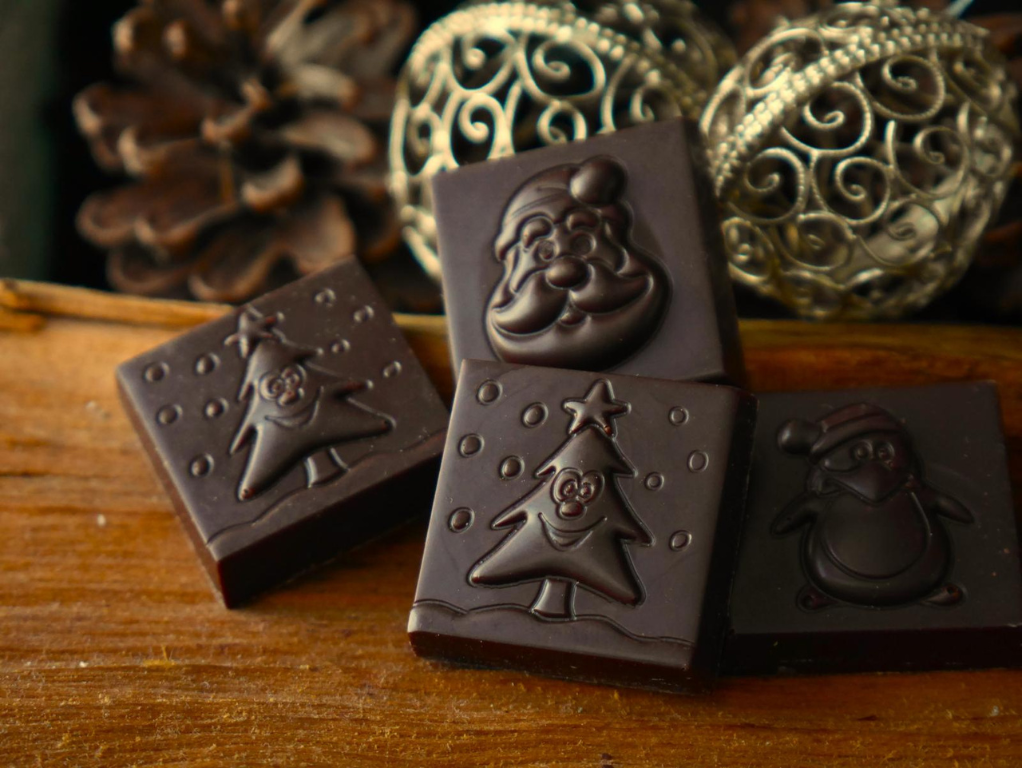
“The mainstream chocolate industry is rife with environmental and ethical problems. In west Africa, where 70% of the world’s cocoa is grown, there are around 2 million children working on the plantations, may of these as slaves. Ivory Coast has lost 90% of it’s rain forest over the past 20 years due to massive deforestation to grow cocoa, leading to animal habitat loss and contributing to global warming. Mainstream chocolate producers have consistently refused to pay farmers a living wage or to address the issue of child slavery, putting cost-cutting and easy profit before ethics. “From the very start, we have taken steps in our sourcing and practices to ensure that the price of our chocolate isn’t a decimated rainforest or trafficked child slaves,” says Gomersall.
To be ethical and sustainable are the raison d’etre of the business, which was established after Gomersall’s husband came home from work one day saying he had been told they shouldn’t eat chocolate because it involved child slavery
Rather than forego what had been a lifetime pleasure, the answer was to try to make their own. “We are big foodies and do a lot of home cooking like making our own pasta and bread and Charles even smokes salmon on our roof, so it wasn’t that much of a stretch”, says Gomersall. After attending a few courses at the Chocolate Academy in Singapore, they graduated to buying a grinding machine. Then, they sourced sugar, cocoa butter and cocoa nibs (fermented and roasted cocoa beans) from ethical sources, and began making chocolate for themselves.
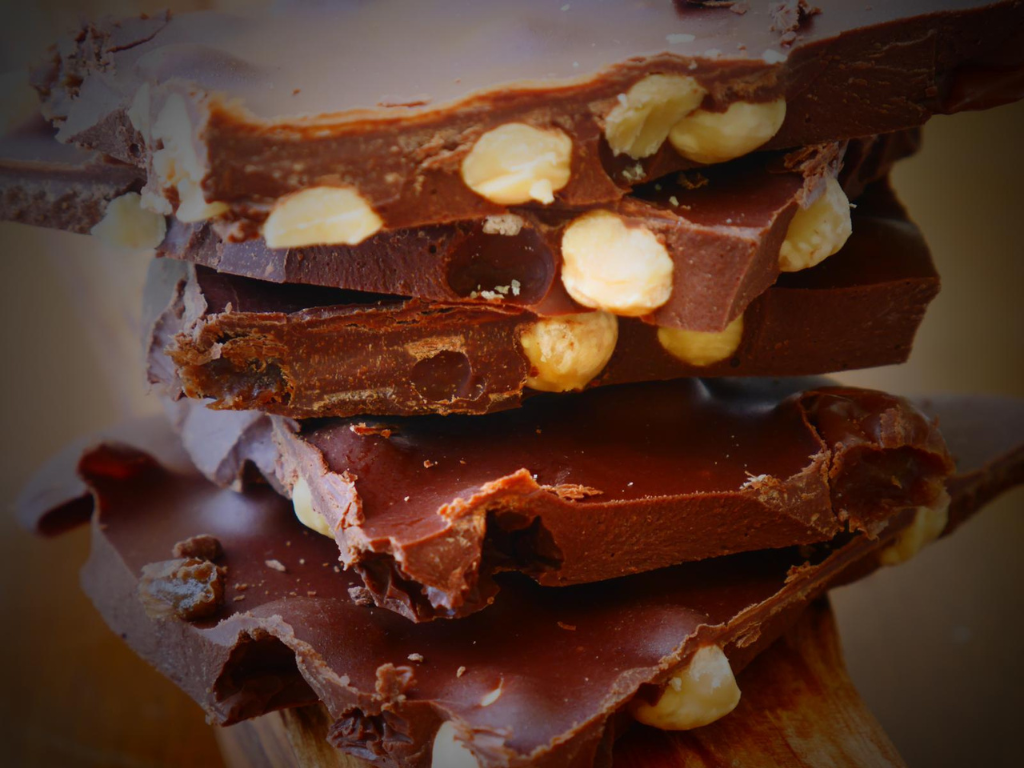
Developing their product line, Gomersall says, has been an interesting and challenging process. “In order to make the chocolate we grind the cocoa nibs in a drum together with the cocoa butter and sugar for 48 hours until it becomes liquid chocolate which has the most amazing smell!” The first boxes they sold had just five flavours and were made with moulds from Shanghai Street, whereas the family now produces over 15 different flavours and use some more “fancy moulds” from Belgium. “Of these, our bestseller is the Passionfruit praline,” says Gomersall, explaining that a praline is a chocolate with a filling, not to be confused with a ganache, which is a filling of chocolate and dairy or nut cream. Their chocolates do not contain any artificial flavouring or preservatives and contain a lot less sugar than commercially produced chocolate so are best consumed within two weeks. Not normally a problem as Cacao make everything fresh to order.
As former health professionals, the way their chocolate is made is extremely important to them. “It’s not necessary to add anything else if you have good chocolate. Big retailers add things like vanilla to enhance the flavor of the cocoa, and soy lecithin is added into lots of chocolate (as a replacement for more expensive cocoa butter), for its better ‘mouth feel’”, says Gomersall adding that, for environmental reasons, they now avoid using dairy in the majority of their chocolates, having switched to homemade cashew nut butter instead.
The Gomersalls source their Arenga palm sugar (an organic substitute for white refined sugar) from the Masarang Foundation, a non-profit conservation foundation that works to protect and restore threatened Indonesian rainforests through the production of environmentally-friendly palm sugar, made from the sap of the Arenga Sugar Palm. The Foundation is an NGO initiated by a Dutch national who lives in Indonesia, and Gomersall says that the caramel taste really compliments the chocolate and “is low GI so there are no big swings in glucose”. In this way, it’s healthier, says Gomersall. However, to her credit, she is quick to clarify that Cacao’s ‘Guilt-free chocolate’ tagline line is not to imply that their chocolate is low sugar or is marketed as a healthy product, but rather to invite a conversation with customers about the more serious topics of the ethical and environmental issues associated with chocolate production.
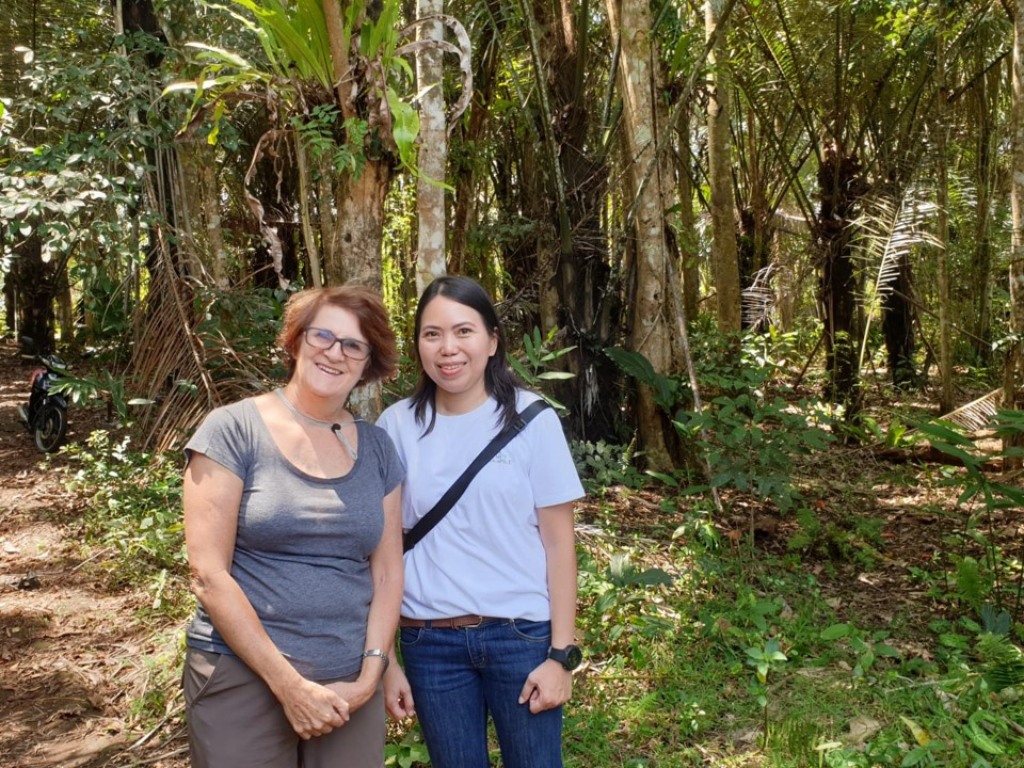
“Mainstream commercial chocolate is a multi-billion-dollar industry. However, the refusal of many of the big chocolate producers to pay west African farmers a reasonable price for their cocoa (a farmer earns about HK10/day!) has resulted in some of the biggest problems facing our planet and society: extreme poverty, child slavery and climate change as a result of massive deforestation” says Gomersall
It’s important to Cacao to visit their suppliers to check that they are practicing ethically and sustainably. “We also try, where possible to source our ingredients locally or as close to home as possible” says Gomersall. They chose the Philippines to supply their cacao as, not only does it have an award-winning cacao, it is also closer to Hong Kong. Cacao uses two types of Filipino chocolate: single origin Davao and the award-winning single estate Paquibato, grown by Jose Saguban. The Paquibato, in particular, is notable for its fruity overtones.
“Sustainability has to run completely through our business and, while it’s not possible to get everything locally, we try our best. For example, the kumquat we use is grown on our roof! Our packaging is minimal and uses paper made from sustainable forests. We have a ‘No Plastic’ policy and use biodegradable bags that really do dissolve in home composting”(a test on their rooftop proved unequivocally that they were gone after 10 weeks). Their deliveries are done either by using public transport or by their electric car
“Developing Cacao has been a steep learning curve” says Gomersall, “but we have learnt so much along the way, both about running a business and in developing our product”. In addition to their ever increasing list of pralines, a mouth-watering induced perusal of the website reveals they sell bars, bark, chocolate-coated caramelized hazelnuts, brownies and cookies. Their collection is seasonally-influenced and there are hampers to celebrate life’s special occasions.
The future for the Gomersalls is chocolatey brown, with mulled wine chocolates on the way to homes across Hong Kong this Christmas – and more guilt-free chocolatey goodness to follow in the coming year.
What’s the best work advice you have received?
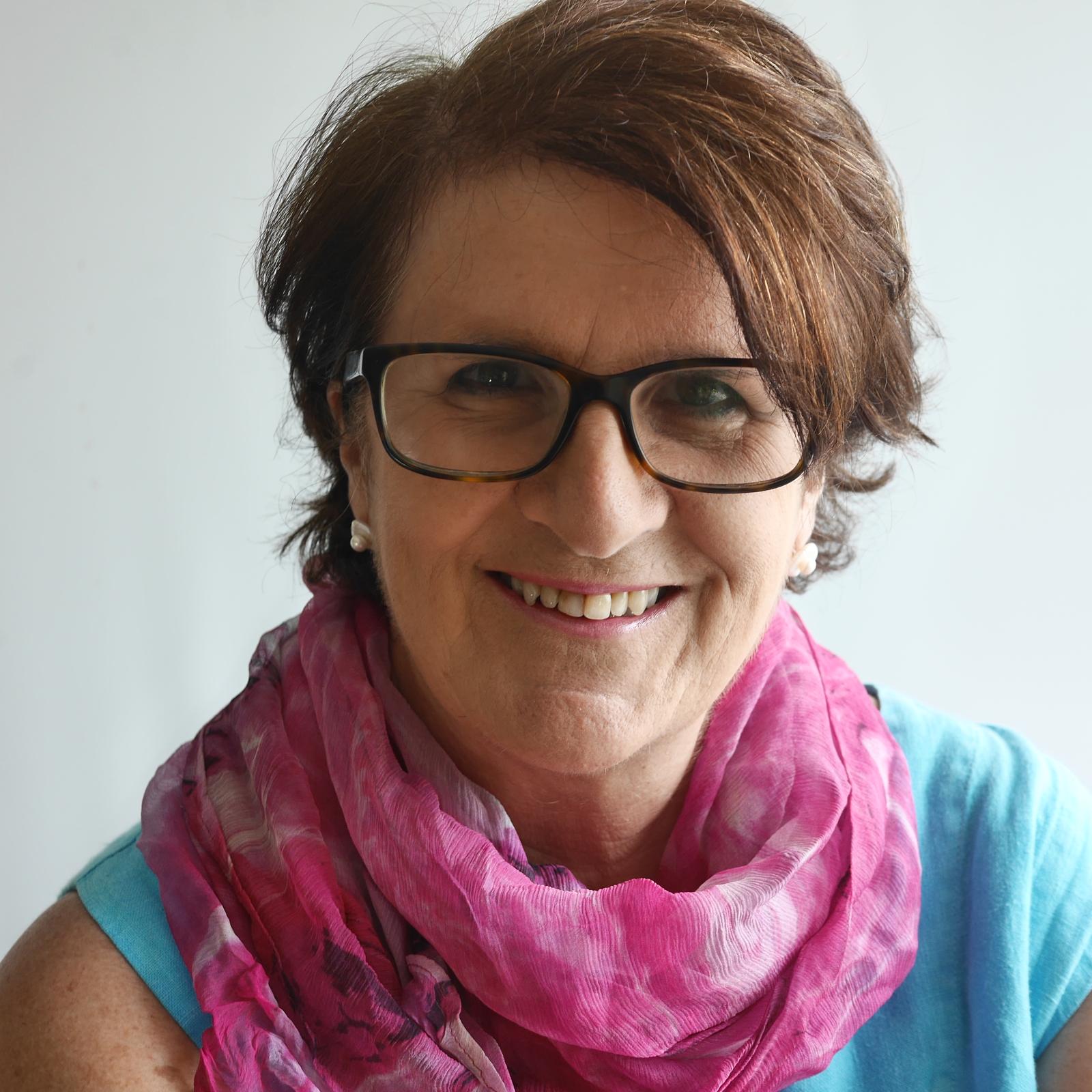
“Don’t spend too much on your product to the exclusion of marketing,”says Carolyn Gomersall, co-founder of Cacao.
She adds, “It’s really important to be able to identify where your market lies so you can focus early on selling to the right demographic.”
Share
About the Author

Being Neighbourly
For over 20 years, the people behind BN have been creating content on the best things in life: food, travel and inspirational people.
Coming Soon:
Available soon in our Shop!
Snippets
Stay Up To Date
Want the latest insights and fresh content delivered straight to your inbox? Subscribe to our newsletter and stay updated with our exclusive content!
